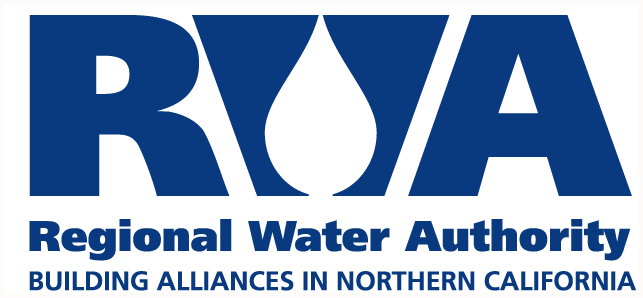SACRAMENTO—Jim Peifer, Executive Director of the Regional Water Authority, representing nearly two dozen water providers serving 2.2 million people in the greater Sacramento area, issued the following statement following the approval of a $10 billion resources bond to address climate change impacts for the November 2024 ballot.
“We commend the California Legislature and Administration for including $386 million for groundwater management and recharge and $100 million for watershed resilience in the resources bond approved for the November ballot. This funding is vital for our water security and climate resilience both in the Sacramento region and statewide.
“There is no greater threat to California’s water supplies than climate change. Hotter and drier weather conditions are expected to reduce the state’s water supply by up to 10 percent by 2040. That’s a loss of 6 million to 9 million-acre-feet of water each year, which is about as much as all the water used by cities in California annually.
“Groundwater recharge is key to adapting to the extreme swings from wet to dry driven by climate change. It allows us to work with—not against—Mother Nature by aligning human water management practices with natural hydrology. It is the only solution that can address the scale of loss.
“California’s groundwater basins can store up to 1 billion acre-feet of water, which is about 20 times more than all our surface water reservoirs combined. It’s also the most cost-effective. According to the California Department of Water Resources (DWR), we can potentially recharge over 13 million-acre-feet of groundwater each year, with more than 2.5 million-acre-feet possible using our current infrastructure.
“This bond is a significant step forward for California’s water resiliency in the face of climate change. We thank the Legislature and the Administration for their leadership and commitment to groundwater recharge. Their efforts will help create a resilient and sustainable future for our state. By investing in our groundwater and watersheds today, we are safeguarding the well-being of our communities and the environment that sustains us.”


